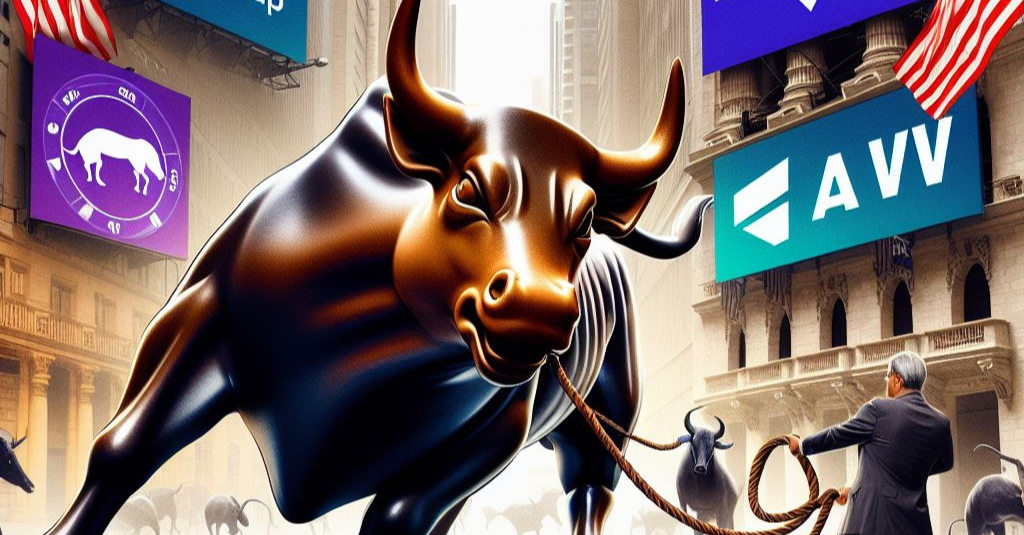SEC Approves Rules for Oversight of "Dealers" in DeFi Sector

The regulator has adopted amendments that will require participants in the DeFi sector to register as dealers. Many crypto players and officials have met the SEC's amendments with a wave of criticism and misunderstanding. The U.S. Securities and Exchange Commission (SEC) has expanded the definition of "dealer" to include a greater number of financial transactions within its jurisdiction, including those involving cryptocurrencies. Three out of five commissioners of the agency voted in favor of the proposal. Commissioner Hester Peirce and her colleague Mark Weda dissented. According to the new provisions, market participants managing and owning assets worth more than $50 million are required to register with the SEC as dealers.
"The Commission does not exclude any specific type of securities, including digital assets, from the final rules. [...] The dealer structure is a functional analysis based on a person's activities in trading securities, not on the type of securities traded," the SEC statement said. The text of the rules highlights objections and confusion from participants in the crypto industry, who commented on the SEC amendments regarding their application to the DeFi sector.
"While some have argued that the proposed rules should not apply to so-called DeFi, the question of whether a dealer participates in any specific transaction or structure (regardless of what it is called) is a fact and circumstance analysis. In technologies like blockchain protocols and smart contracts, there is nothing that would prevent the identification of activities involving cryptocurrencies as dealer activities," the agency explained. According to the document, the Commission considered the possibility of excluding digital assets from the rules but decided that it would lead to "negative competitive consequences" by giving crypto firms an advantage over traditional organizations. The provisions will take effect in 60 days and will be finally implemented in April 2025.
Wall of Criticism
SEC first proposed similar amendments in March 2022. At that time, the DeFi Education Fund called the rules "misguided and hasty."
"The Commission not only failed to understand the substance of our concerns but also failed to articulate any meaningful path to compliance for participants in the DeFi market. Imposing obligations on ecosystem participants that are impossible to meet is wrong, impractical, and hostile to innovation," the organization said in a statement.
The fund also delved into the issue of law enforcement against automated market makers (AMMs), which essentially act as "execution protocols." The company explained that AMMs create liquidity pools and lock them in smart contracts. This process facilitates trading, but it is unclear how it will be regulated by the regulator. SEC documents indicate that Cody Carbont, vice president of policy at the Chamber of Digital Commerce, referred to the adopted rules as "yet another example of the ongoing hostility of the regulator towards the digital asset industry."
SEC Commissioner Hester Peirce spoke out against certain aspects of the law. According to her, the release "does not spend much time on cryptocurrencies, but it explains that AMMs may have to register as dealers under the final rules." In response, SEC representatives stated that automated market makers are "more than just software."
"According to the Commission's approach, any person can be a dealer if they buy and sell securities as part of their regular business. This change creates additional confusion in regulation for other markets, including cryptocurrency securities," Weda added. Peirce believes that the main reason why participants in the crypto market do not comply with SEC requirements is a lack of understanding of the agency's rules.